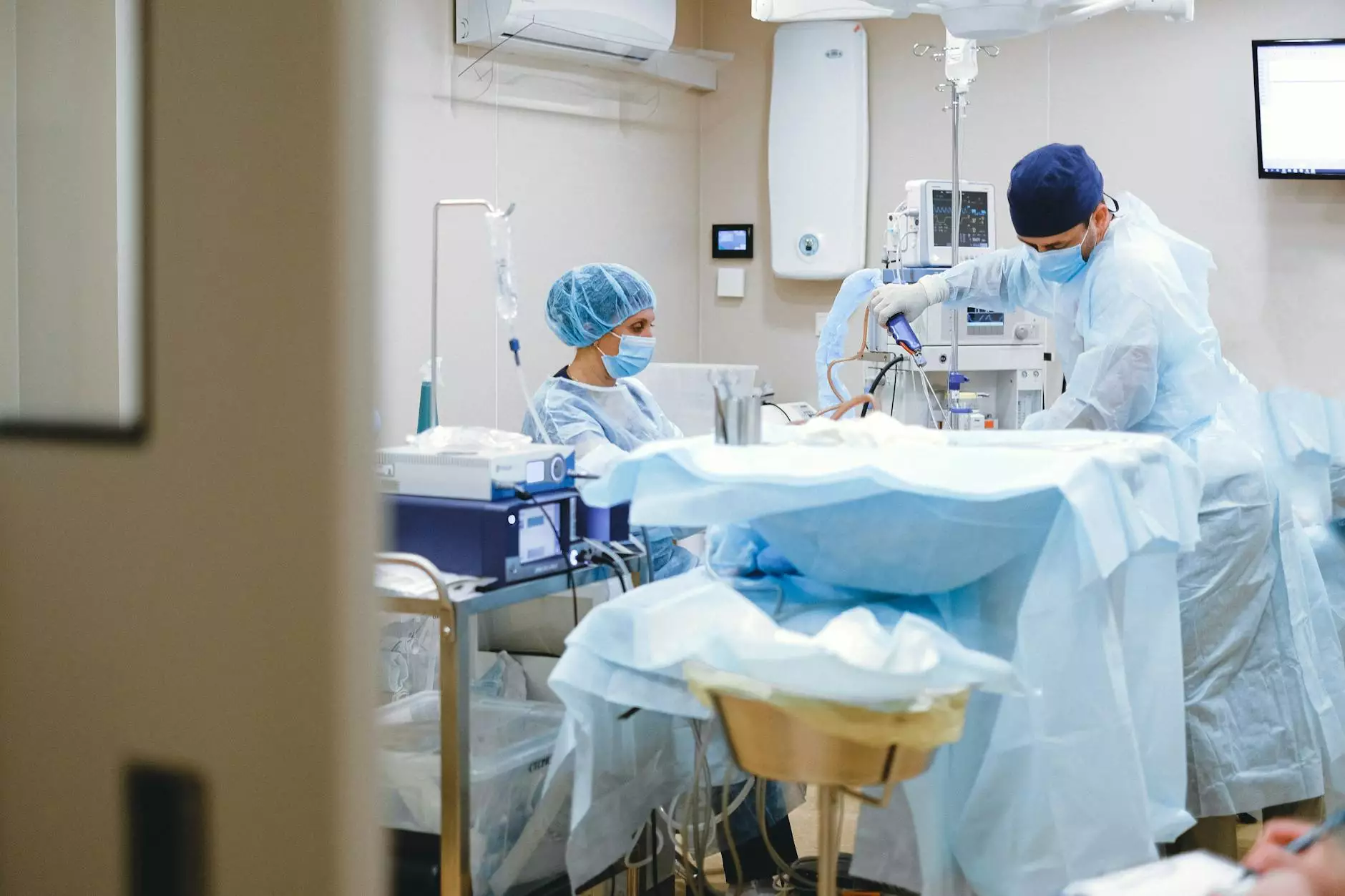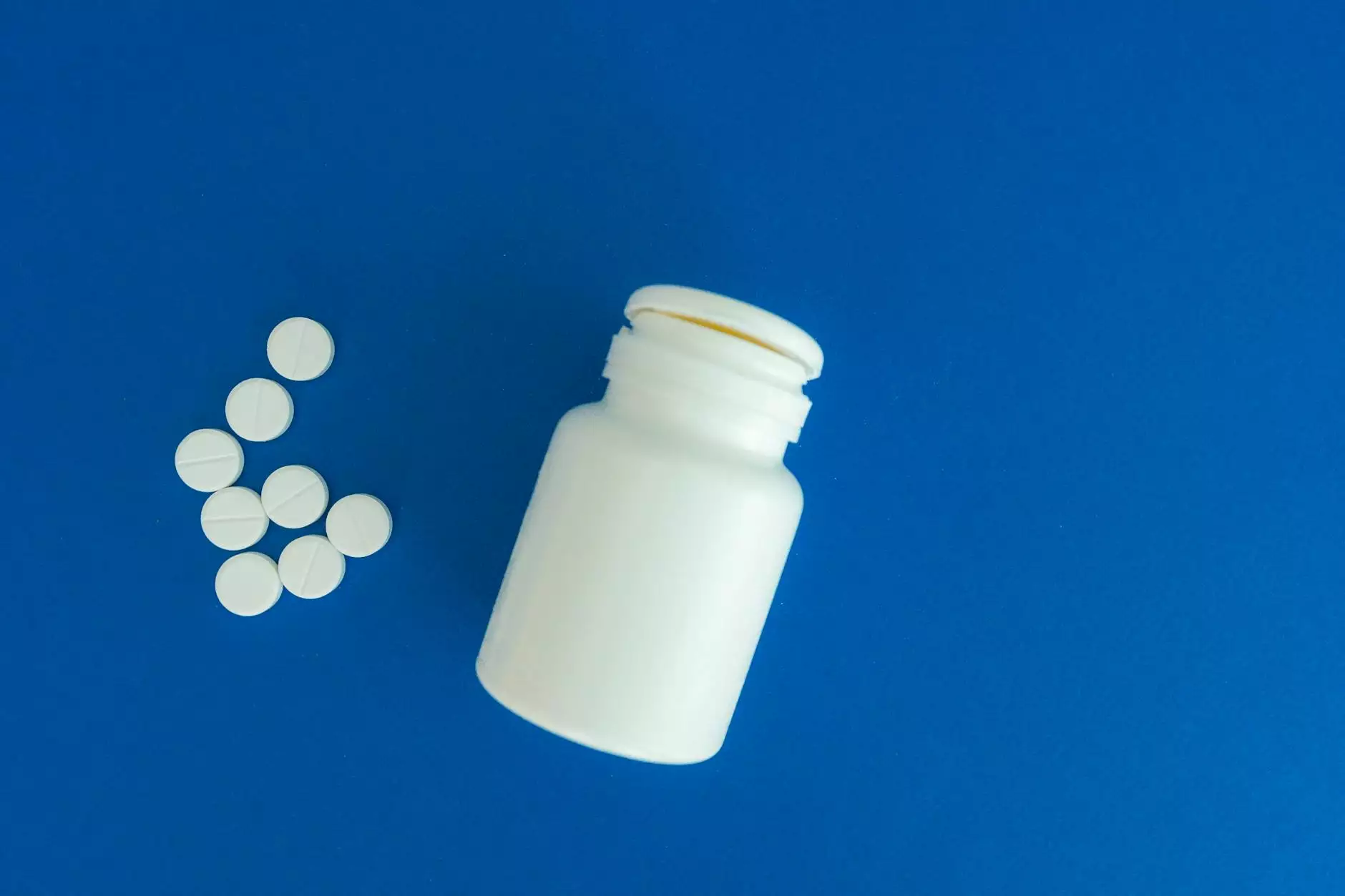The Vital Role of a Lung Doctor in Your Health Journey

Lung doctors, also known as pulmonologists, specialize in diagnosing and treating respiratory conditions that significantly impact individuals' overall health and well-being. The focus of this article is to provide insightful information on their pivotal role in not only treating lung diseases but also promoting optimal lung health for a better life.
What Does a Lung Doctor Do?
Lung doctors are medical professionals who are experts in the function and diseases of the lungs. Their responsibilities encompass a broad range of activities, which include:
- Diagnosis: Identifying lung diseases through various tests and assessments.
- Treatment: Developing treatment plans tailored to each patient's needs.
- Management of Chronic Conditions: Providing ongoing care for chronic lung diseases such as asthma and COPD.
- Patient Education: Helping patients understand their conditions and lifestyle changes necessary for better health.
The Importance of Regular Consultations with a Lung Doctor
Regular consultations with a lung doctor can significantly affect your health outcomes, especially for individuals with a history of lung issues or risk factors such as smoking and environmental pollutants. Below are compelling reasons to prioritize visits to your lung doctor:
1. Early Detection of Lung Diseases
Many lung diseases, such as lung cancer or pulmonary fibrosis, can be asymptomatic in their early stages. A lung doctor utilizes advanced diagnostic tools such as:
- Chest X-rays
- CT Scans
- Pulmonary Function Tests (PFTs)
These tests can help to identify issues long before they become critical, allowing timely interventions.
2. Management of Chronic Respiratory Conditions
Chronic conditions like COPD (Chronic Obstructive Pulmonary Disease) and asthma require ongoing management. Lung doctors provide:
- Medications, including inhalers and steroids
- Action plans for managing acute episodes
- Regular follow-ups to monitor progress
Such management ensures patients maintain quality of life and limits the progression of their diseases.
3. Expertise in Sleep-Related Breathing Disorders
Lung doctors are also proficient in diagnosing and treating conditions like sleep apnea. This includes:
- Conducting sleep studies
- Recommending CPAP (Continuous Positive Airway Pressure) therapy
- Providing guidance on lifestyle modifications to improve sleep quality
Conditions Treated by Lung Doctors
A lung doctor is qualified to manage a multitude of respiratory conditions, including but not limited to:
1. Asthma
Asthma is characterized by inflammation and narrowing of the airways, leading to difficulty breathing. Lung doctors employ a variety of treatment strategies, such as:
- Asthma action plans
- Medications that include bronchodilators and corticosteroids
2. Chronic Obstructive Pulmonary Disease (COPD)
COPD is a progressive lung disease that involves airflow obstruction. Lung doctors play an integral role in managing this condition through:
- Smoking cessation programs
- Rehabilitation therapies
- Long-term oxygen therapy
3. Lung Cancer
Lung cancer is one of the most significant health challenges today. A lung doctor's involvement includes:
- Screening high-risk individuals
- Monitoring patients after diagnosis
- Collaborating with oncologists for treatment plans
4. Interstitial Lung Disease
This is a group of disorders characterized by lung scarring and inflammation. Treatment typically involves:
- Medications to reduce inflammation
- Lung transplantation in severe cases
The Process of Treatment with a Lung Doctor
When consulting a lung doctor, the treatment process is usually structured as follows:
1. Initial Consultation
The first appointment typically involves a comprehensive evaluation, which may include a review of your medical history and an examination to assess your symptoms.
2. Diagnostic Testing
Based on the initial assessment, the lung doctor may order diagnostic tests to facilitate accurate diagnosis. Tests may include:
- Blood tests
- Imaging tests
- Lung function tests
3. Treatment Plan Development
Once a diagnosis is confirmed, the lung doctor will work with you to develop a personalized treatment plan that may incorporate medications, therapy, and lifestyle changes.
4. Follow-Up Care
Monitoring is crucial for effective management of lung conditions. Follow-up care ensures that treatment plans are adjusted as needed, providing an opportunity to address any emerging issues proactively.
Integrating Physical Therapy in Lung Health Management
Physical therapy can play a crucial role in enhancing lung health, particularly for patients with chronic lung diseases. Physical therapists can design exercise programs tailored to improve lung function, endurance, and overall strength.
Benefits of Physical Therapy for Lung Health
- Improved Lung Capacity: Tailored exercises can enhance lung volume and breathing efficiency.
- Increased Exercise Tolerance: Encouraging regular physical activity can lead to enhanced overall stamina.
- Educational Support: Physical therapists provide valuable education on proper techniques for breathing during activities.
How to Maintain Lung Health
While the expertise of a lung doctor is invaluable, maintaining lung health is also a personal responsibility. Here are some essential practices:
1. Avoid Smoking and Secondhand Smoke
Quitting smoking is one of the most important steps one can take. Avoiding exposure to secondhand smoke is equally crucial.
2. Stay Active
Regular physical activity improves overall health and lung function. Aim for at least 30 minutes of moderate exercise most days of the week.
3. Practice Good Hygiene
Reducing the risk of respiratory infections is essential. Wash your hands frequently and get vaccinated against flu and pneumonia.
4. Monitor Air Quality
Be aware of air pollution levels and take precautions on days when the air quality is poor, such as staying indoors or using air purifiers.
5. Eat a Healthy Diet
A diet rich in fruits, vegetables, whole grains, and lean proteins can support lung health and overall wellness.
The Importance of Patient-Lung Doctor Communication
Effective communication between patients and their lung doctor can lead to better health outcomes. Here are some tips for maximizing your healthcare experience:
- Be Honest: Disclose all pertinent information, including symptoms, lifestyle, and medical history.
- Ask Questions: Clarify any doubts about your condition and treatment options.
- Follow Instructions: Adhere to the treatment plan set by your doctor for the best outcomes.
Conclusion
A lung doctor plays an essential role in diagnosing, treating, and managing lung diseases. Regular consultations, combined with healthy lifestyle choices, can significantly enhance respiratory health. With the right support and proactive measures, individuals can lead healthier lives, ensuring their lungs function optimally.
For residents seeking expert care in health and medical services, especially those within the realms of sports medicine and physical therapy, hellophysio.sg offers comprehensive resources and services tailored to your needs.
Call to Action
If you are experiencing any respiratory issues or simply wish to maintain your lung health, do not hesitate to consult with a professional lung doctor. Your health is paramount.



